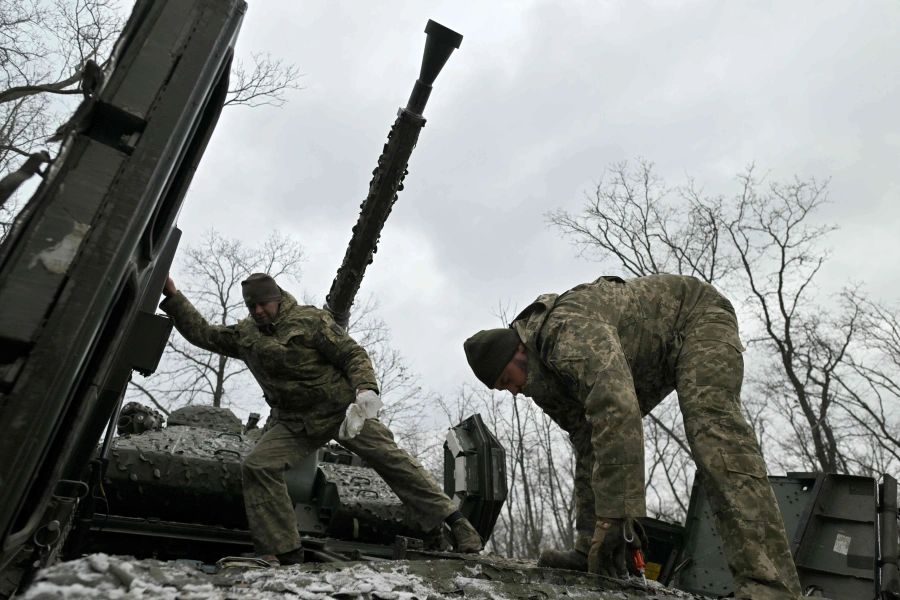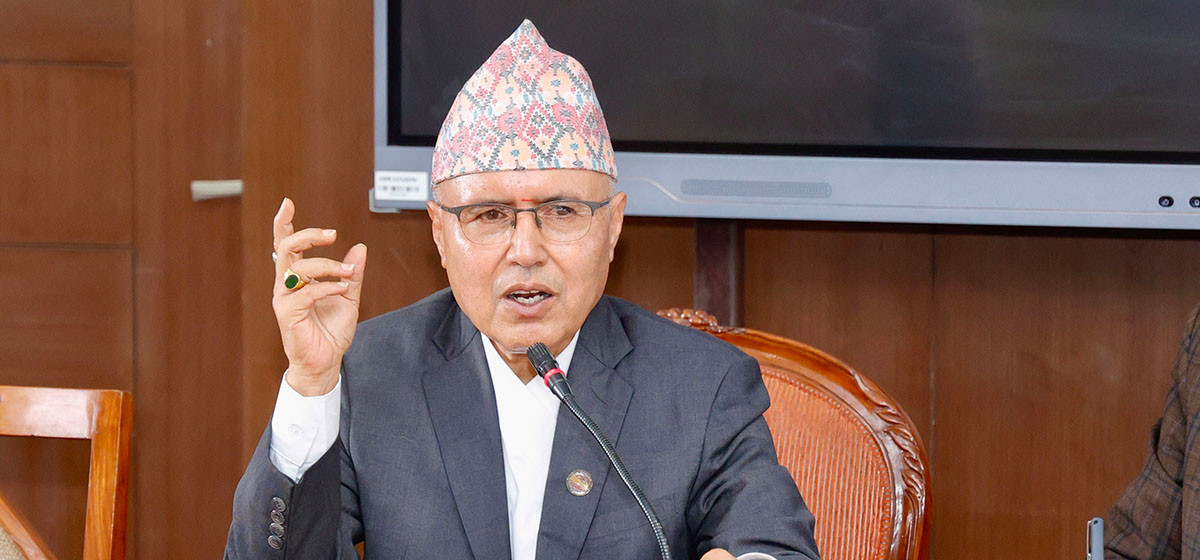In times of economic hardship and budget constraints, it is imperative for the government to practice what it preaches. The recent unveiling of austerity measures, including the abolition of government offices through the annual budget for the Fiscal Year 2022/23, might have seemed like a step in the right direction. However, the irony lies in the fact that the government is seemingly promoting unnecessary foreign junkets at the expense of the state coffers while harping on the slogan of austerity. It is disheartening to observe that despite the government's pledge to adopt austerity measures, the number of foreign junkets undertaken by ministers and secretaries is on the rise. This inconsistency is not only baffling but also undermines the very essence of fiscal discipline and responsible governance.
The list of high-ranking officials currently on foreign tours without any practical value is quite extensive. While Prime Minister Pushpa Kamal Dahal returned home on Friday after a week-long sojourn to Italy, the list of senior government officials who are currently on visits abroad includes Agriculture and Livestock Development Minister Dr Beduram Bhusal, Minister for Physical Infrastructure Prakash Jwala, Minister for Energy Shakti Basnet, secretary of the Ministry of Physical Infrastructure Keshav Sharma, and member of the National Planning Commission Dr Jayakant Raut. While some foreign trips may be justified, such as attending crucial annual programs involving international organizations or finalizing bilateral aid agreements, it is evident that a significant number of these trips are not for essential official commitments. Rather, they appear to be undertaken for budgetary purposes and leisure.
Take austerity measures to tackle dwindling revenue collection

The allowance system for these foreign tours also warrants scrutiny. The lack of clarity and potential for misuse is concerning. The fact that ministers, secretaries, and joint secretaries receive daily travel allowances ranging from USD 175 to 250 is a matter of debate. Additionally, lower-level staff, having their expenses covered by organizers, and joint secretaries and secretaries being sponsored by the government, raise questions about the necessity and cost-effectiveness of these trips. Experts have aptly raised concerns about the frequency of foreign visits by ministers. It is essential to evaluate the real benefits of these trips and ensure they genuinely serve the interests of the nation. As responsible citizens, we must demand that officials prioritize essential foreign engagements and only embark on trips that are vital to the country's growth and development. Moreover, the lack of accurate tracking of foreign travel plans during certain periods, as admitted by the Ministry of Finance, raises further suspicions about the transparency and accountability of such trips. There must be a robust monitoring system in place to ensure that every foreign visit is subject to scrutiny, and its purpose aligns with the nation's interests.
In light of the current economic challenges faced by the country, the government needs to exhibit a strong commitment to fiscal discipline. This entails cutting down on unnecessary expenses, and foreign junkets should not be exempt from scrutiny. It is high time for the government to lead by example and demonstrate its seriousness in implementing austerity measures. The abolition of nearly two dozen government offices is of no use if the state continues to spend lavishly on foreign tours. We call upon the government to take immediate action in controlling such expenses and ensure that every foreign trip is thoroughly justified and economically viable. The taxpayers' money should be utilized prudently, and unnecessary foreign junkets must be curbed to protect the state coffers. As a newspaper, we urge the government to reevaluate its approach to foreign travel and adopt a more responsible and cost-conscious stance. By doing so, the government will not only regain the trust of the public but also set an example for future generations of leaders.








































